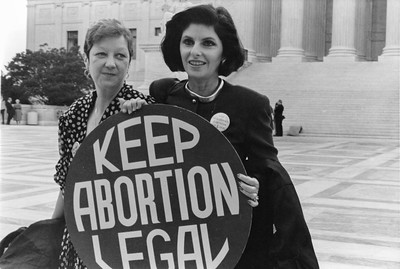Happy Women in Translation Month! Initiated in 2014 by Meytal Radzinski, this year marks the 10-year anniversary of this celebration. WIT Month is an international and inclusive project that aims to get the voices of women — writing in languages other than English — heard, shared and discussed. There is a large gender disparity in translated literature, as demonstrated on the graphs below*. For example, women make up, at most, 34% of translated literature, and only 36% of writing translated into English comes from non-European countries, highlighting the necessary intersectionality of this project.
In honour of this month, we have compiled a collection of some of our titles featuring women in translation down below. These range from women’s narratives to academic research and essays.

*These figures are from the official WIT website but lacks dating. For more information, and an incredible list of further resources, please visit Women in Translation.
Paperback Available in September 2024
Debating German State Crimes in the Long Twentieth Century
Annette Weinke
Translated from the German by Nicholas Evangelos Levis
“This book is complicated, and not for the beginner. It covers much ground, and quickly. Weinke does not so much create a usable narrative as destroy usable, but unfortunately inaccurate, narratives. Her book should be required reading for anyone producing new scholarship in these fields.” • Journal of Modern History
Read Introduction

Paperback Available
The History of Jews Who Fled Nazi Deportation Trains in France, Belgium, and the Netherlands
Tanja von Fransecky
Translated from German by Benjamin Liebelt
“Fransecky’s accounts of the individual escapes offer an interesting and important addition to Holocaust literature.” • Holocaust and Genocide Studies
Read Introduction
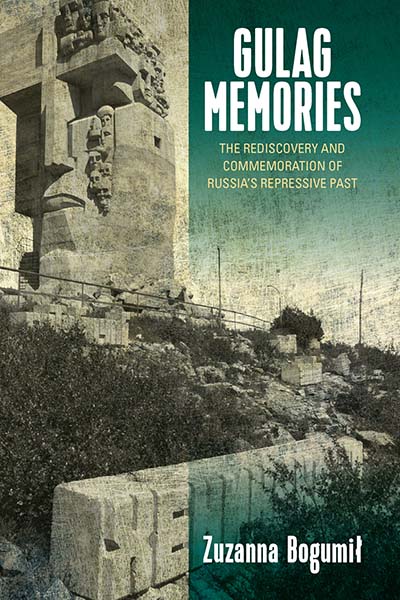
Paperback Available
The Rediscovery and Commemoration of Russia’s Repressive Past
Zuzanna Bogumił
Translated from the Polish by Philip Palmer
“[The book’s] considerable value as a contribution to Soviet and post‐Soviet memory studies is undeniable. Bogumił’s work should become a must‐read for everyone who works in the field of the memory of political repressions.” • Soviet & Post-Soviet Politics & Society
Read Introduction
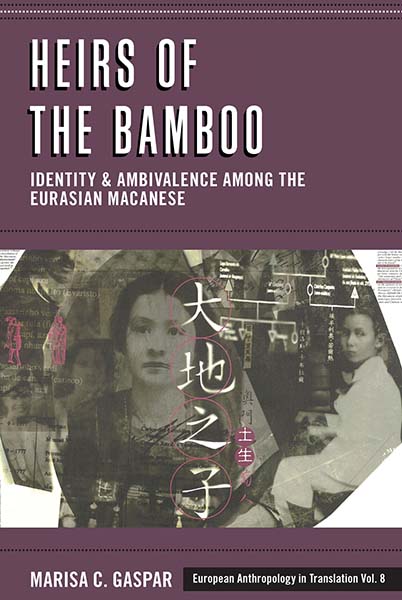
Identity and Ambivalence among the Eurasian Macanese
Marisa C. Gaspar
Translated by Roopanjali Roy
“Focusing on the manipulation of language and food, Marisa Gaspar’s monograph constitutes obligatory reading for anyone who is puzzled by the way in which the past challenges the future and vice versa”. • João Pina-Cabral, University of Kent
Read Introduction

Paperback Available
The France of the Little-Middles
A Suburban Housing Development in Greater Paris
Marie Cartier, Isabelle Coutant, Olivier Masclet, and Yasmine Siblot
Translated by Juliette Rogers
“[The volume] shows the value of investigating middle-class Western neighborhoods and especially of the historical changes in such sites. The study is a contribution to the anthropology of Europe as well as to urban anthropology and to the anthropology of class, and it usefully complicates and even debunks some preconceptions about suburban life, immigration, class, and politics.” • Anthropology Review Database
Read Introduction
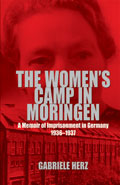
A Memoir of Imprisonment in Germany 1936-1937
Gabriele Herz
Translated by Hildegard Herz and Howard Hartig
“These memoirs by Gabriele Herz have great significance in that they describe the experiences of a Jewish woman as well as that of non-Jewish prisoners, as seen by her, during the early years of national-socialist internment policy. In this sense it is a rare document of the literature of memories.” · H-Soz.-u.Kult
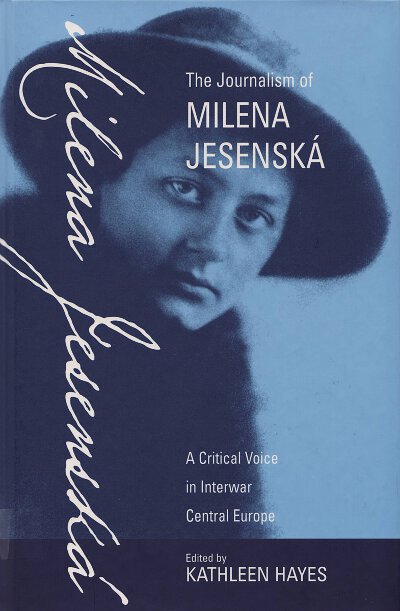
The Journalism of Milena Jesenská
A Critical Voice in Interwar Central Europe
Edited and translated from the Czech
“Jesenská’s essays offer firsthand observations on a society that was slowly imploding between the years 1920 and 1939 [and] will certainly encourage lively classroom debates (especially in women’s studies, political science and history courses) concerning politics, the condition of women, and social problems of yesterday and today.” · Slavic and East European Journal
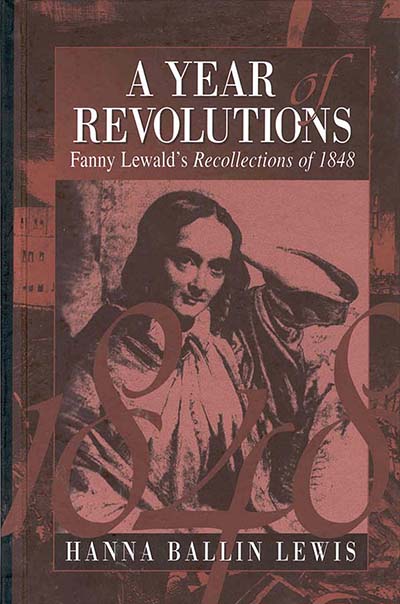
Fanny Lewald’s Recollections of 1848
Translated, edited, and annotated by Hanna Ballin Lewis
“… if the reader wishes to hear the street cries of the revolution, climb the barricades …, experience the hopes and anxieties of a city gripped with political uncertainty and stripped of its trees from the boulevards, and witness the actress Rachel Felix sing the Marseillaise at the end of her performance …, then this is the book to buy.” · French History
To see more of our titles on Gender Studies, follow this link.
Berghahn Journals

Girlhood Studies
An Interdisciplinary Journal
Girlhood Studies: An Interdisciplinary Journal is a peer-reviewed journal providing a forum for the critical discussion of girlhood from a variety of disciplinary perspectives, and for the dissemination of current research and reflections on girls’ lives to a broad, cross-disciplinary audience of scholars, researchers, practitioners in the fields of education, social service and health care and policy makers.

Aspasia
The International Yearbook of Central, Eastern, and Southeastern European Women’s and Gender History
Special Issue: A Hundred Years of International Women’s Day in CESEE
Aspasia is the international peer-reviewed annual of women’s and gender history of Central, Eastern, and Southeastern Europe (CESEE). It aims to transform European women’s and gender history by expanding comparative research on women and gender to all parts of Europe, creating a European history of women and gender that encompasses more than the traditional Western European perspective.
JOIN US ON SOCIAL MEDIA
For updates on these and other Berghahn titles as well as all other exciting developments from Berghahn Books, become a Facebook fan, follow us
on ![]() Tumblr or
Tumblr or ![]() Twitter.
Twitter. ![]() Sign up for our email newsletters to get customized updates on new Berghahn publications.
Sign up for our email newsletters to get customized updates on new Berghahn publications.




